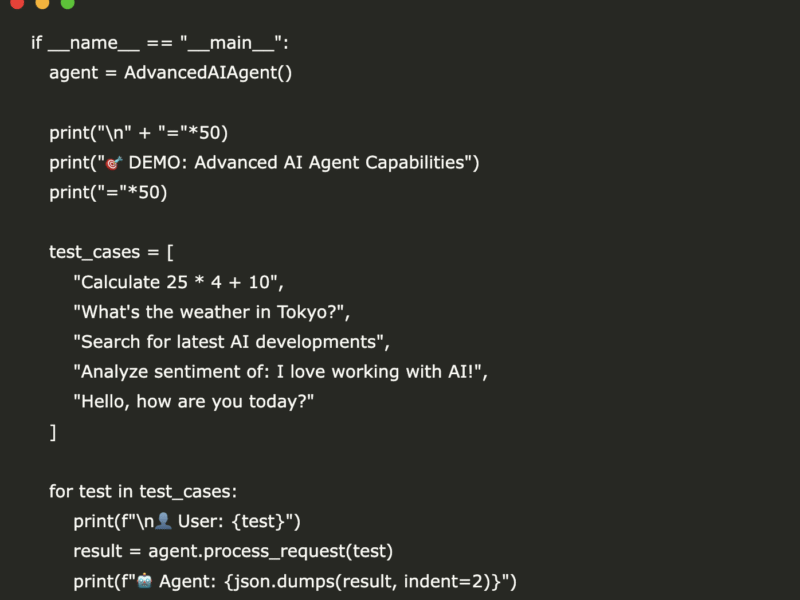Seven faculty in the MIT School of Architecture and Planning (SA+P) have been honored for their contributions through promotions, effective July 1. Three faculty promotions are in the Department of Architecture; three are in the Department of Urban Studies and Planning; and one is in the Program in Media Arts and Sciences.
“Whether architects, urbanists, computer scientists, or nanotechnologists, they represent our school at its best, in its breadth of inquiry and mission to improve the relationship between human beings and their environments,” says SA+P Dean Hashim Sarkis.
Department of Architecture
Marcelo Coelho has been promoted to associate professor of the practice. Coelho is the director of the Design Intelligence Lab, which explores the intersection of human and machine intelligence across design, AI, and fabrication. His work ranges from light-based installations to physical computing. Recognition for his work includes two Prix Ars Electronica awards and Fast Company’s Innovation by Design Award. Coelho’s experimental approach redefines creative processes, transforming how we imagine and interact with intelligent systems. Coelho teaches courses that bring together industrial design, user experience, and artificial intelligence.
Holly Samuelson has been promoted to associate professor without tenure. Samuelson has co-authored over 40 peer-reviewed papers, winning a Best Paper award from the journal Energy and Building. As a recognized expert in architectural technology, she has been featured in media outlets such as The Washington Post, The Boston Globe, the BBC, and The Wall Street Journal.
Rafi Segal has been promoted to full professor. An award-winning designer, Segal works across architectural and urban scales, with projects ranging from Villa 003 in the ORDOS 100 series to the Kitgum Peace Museum in Uganda, the Ashdod Museum of Art in Israel, and the winning design proposal for the National Library of Israel in Jerusalem. His current work includes planning a new communal neighborhood for an Israeli kibbutz and curating the first exhibition on Alfred Neumann’s 1960s architecture.
Department of Urban Studies and Planning (DUSP)
Carlo Ratti has been reappointed as professor of the practice. Ratti is the director of the Senseable City Lab and a founding partner of the international design office Carlo Ratti Associati. He has co-authored over 500 publications and holds several patents. His work has been exhibited globally, including at the Venice Biennale, the Museum of Modern Art in New York City, and the Design Museum in Barcelona. Two of his projects, the Digital Water Pavilion and the Copenhagen Wheel, were named among TIME Magazine’s “Best Inventions of the Year.” He is the curator of the 2025 Venice Biennale’s 19th International Architecture Exhibition.
Albert Saiz has been promoted to full professor. Saiz serves as the director of MIT’s Urban Economics Lab, which conducts research on real estate economics, urban economics, housing markets, local public finance, zoning regulations, global real estate, and demographic trends affecting urban and real estate development worldwide. He also contributes to the broader research community as a visiting scholar at the Federal Reserve Bank of Philadelphia, a research fellow at the Institute for the Analysis of Labor, and editor for the Journal of Housing Economics.
Delia Wendel has been promoted to associate professor without tenure. Wendel’s research engages three main areas: forms of community repair after conflict and disaster, African urbanism, and spatial politics. Her interdisciplinary work draws together urban studies, critical peace studies, architectural history, cultural geography, and anthropology. At MIT DUSP, she leads the Planning for Peace critical collective and oversees the Mellon Foundation and the MIT Center for Art, Science and Technology-funded research and exhibition project, Memory Atlas for Repair. She also serves as the managing editor of Projections, the department’s annual peer-reviewed journal on critical issues in urban studies and planning.
Program in Media Arts and Sciences
Deblina Sarkar has been promoted to associate professor without tenure. As the director of the Nano-Cybernetic Biotrek Lab at the MIT Media Lab, she merges nanoelectronics, physics, and biology to create groundbreaking technologies, from ultra-thin quantum transistors to the first antenna that operates inside living cells. Her interdisciplinary work has earned her major honors, including the National Institutes of Health Director’s New Innovator Award and the IEEE Early Career Award in Nanotechnology.

